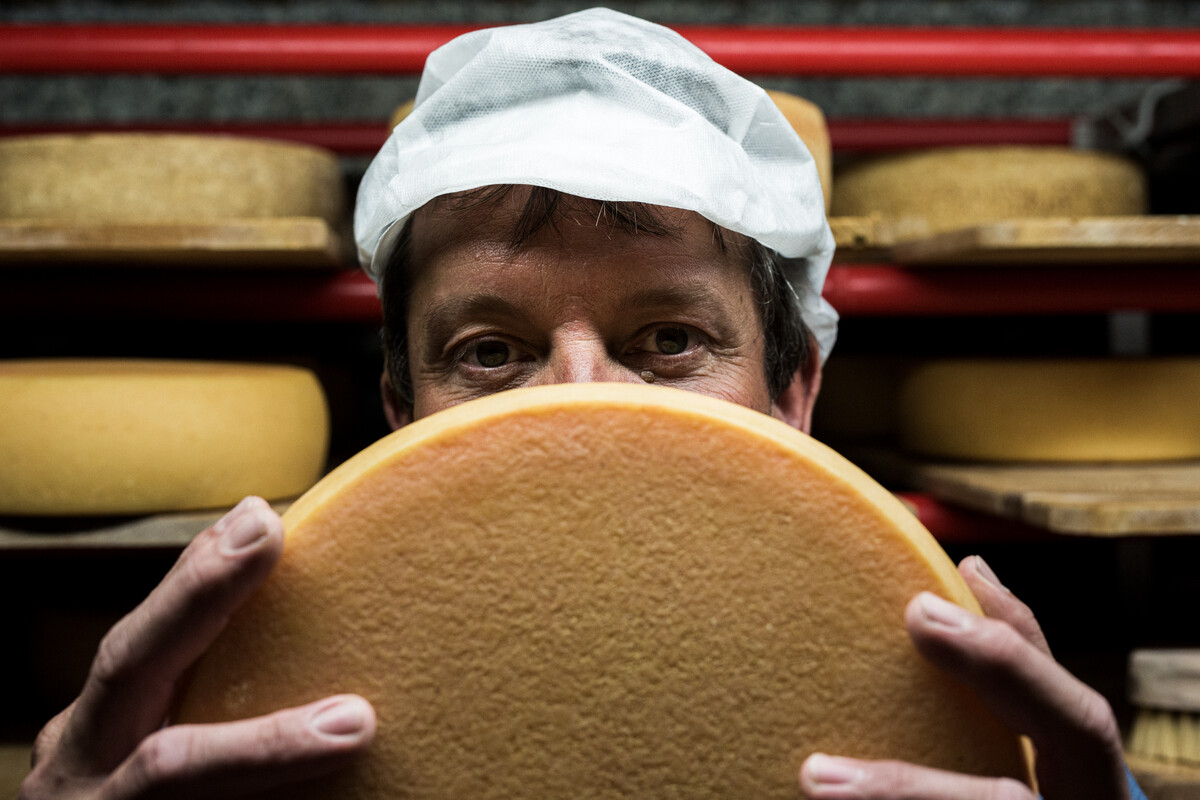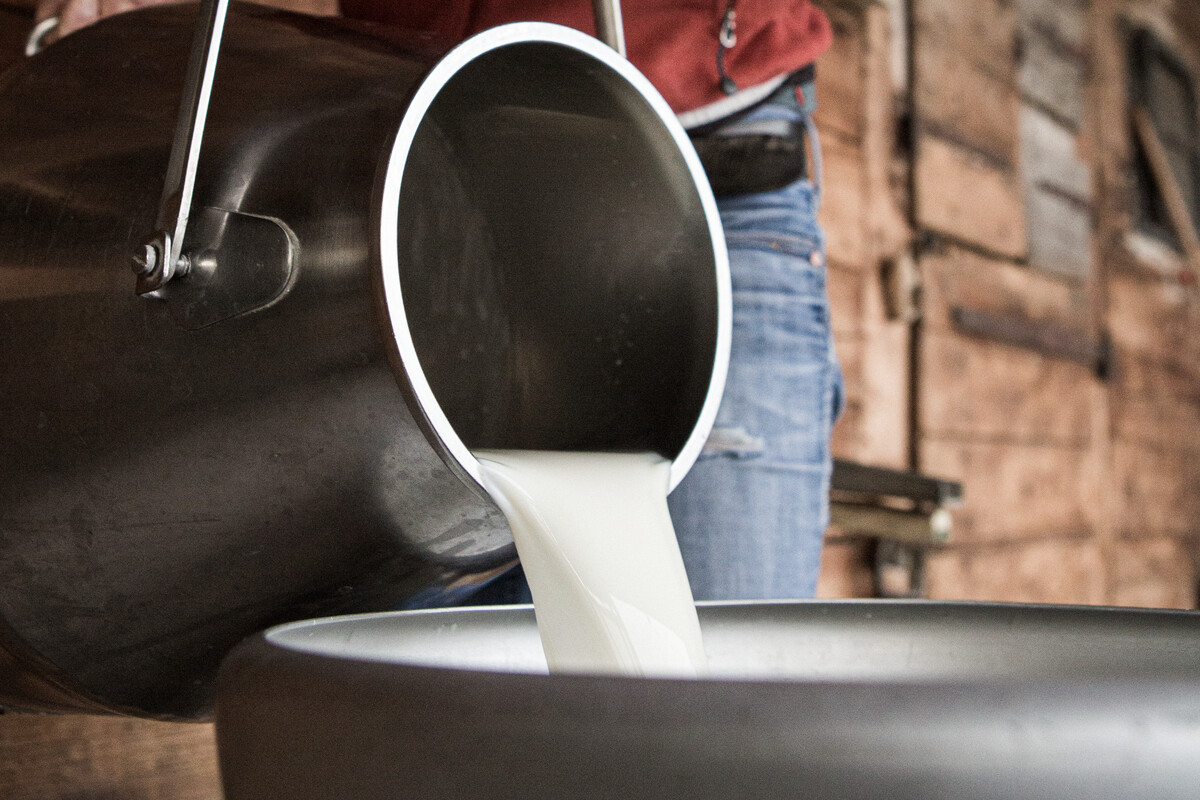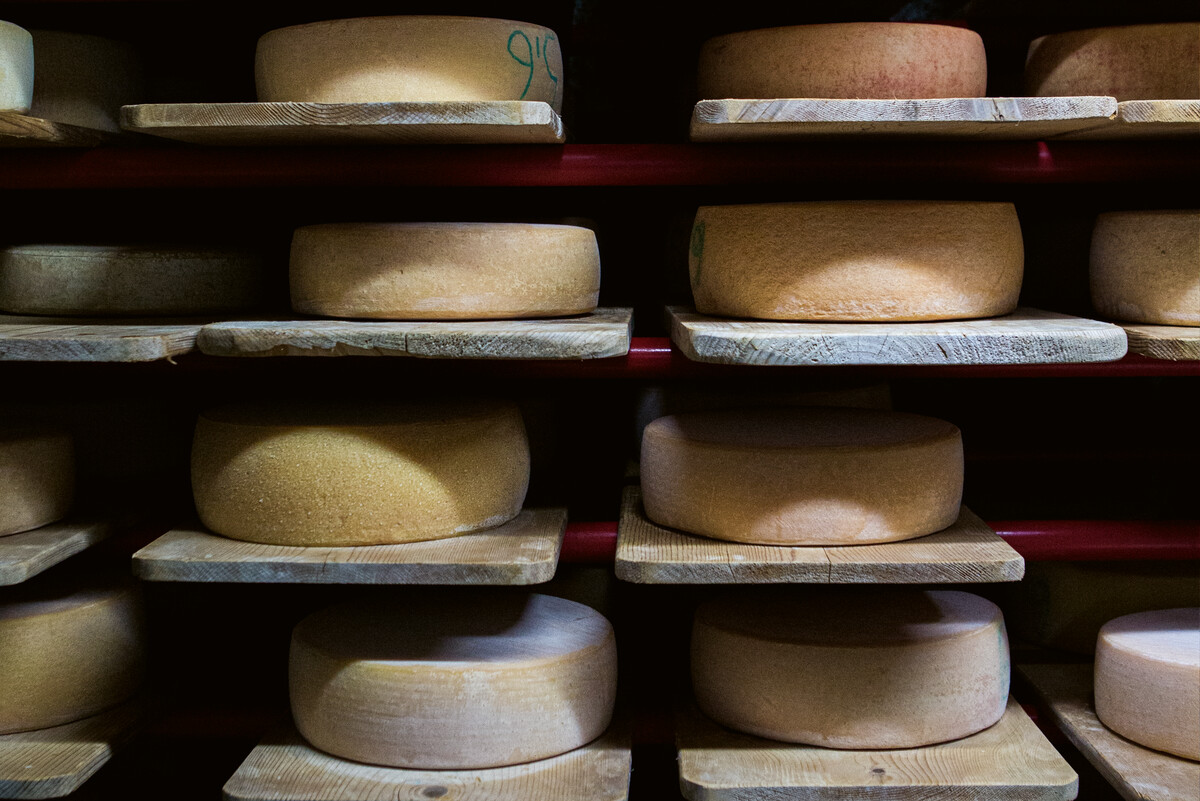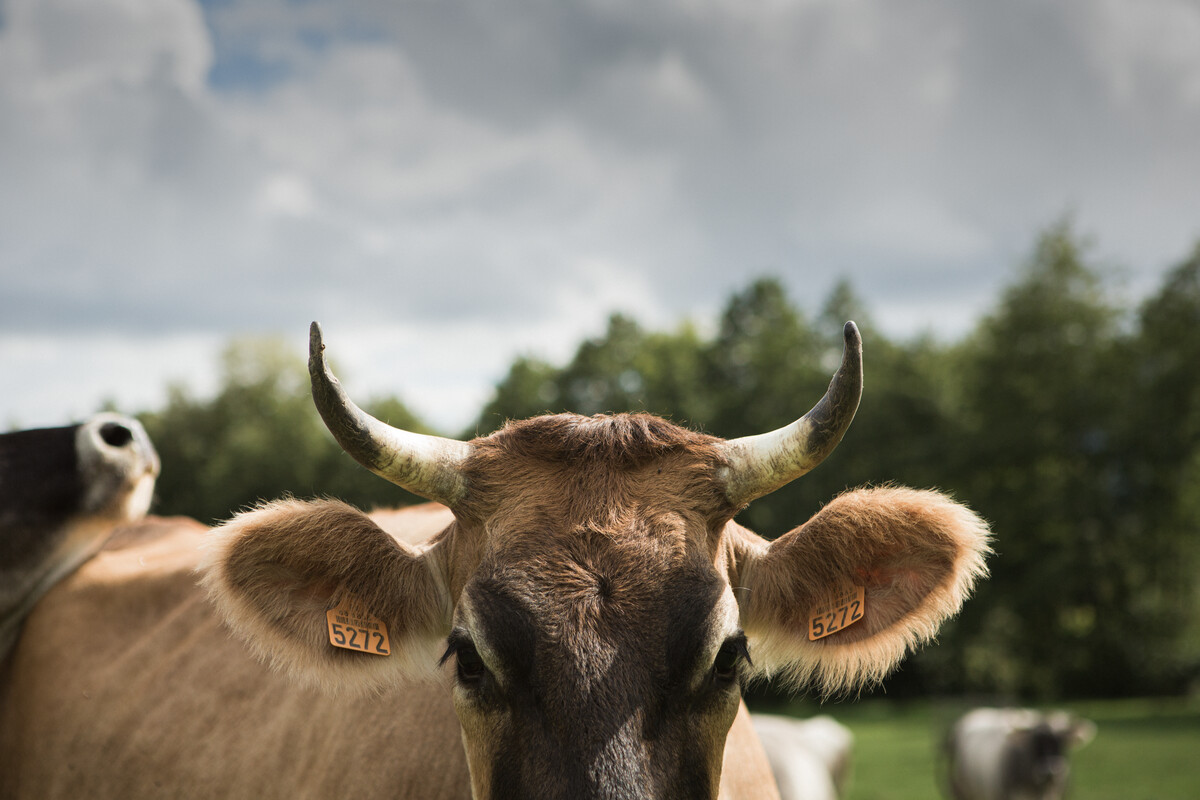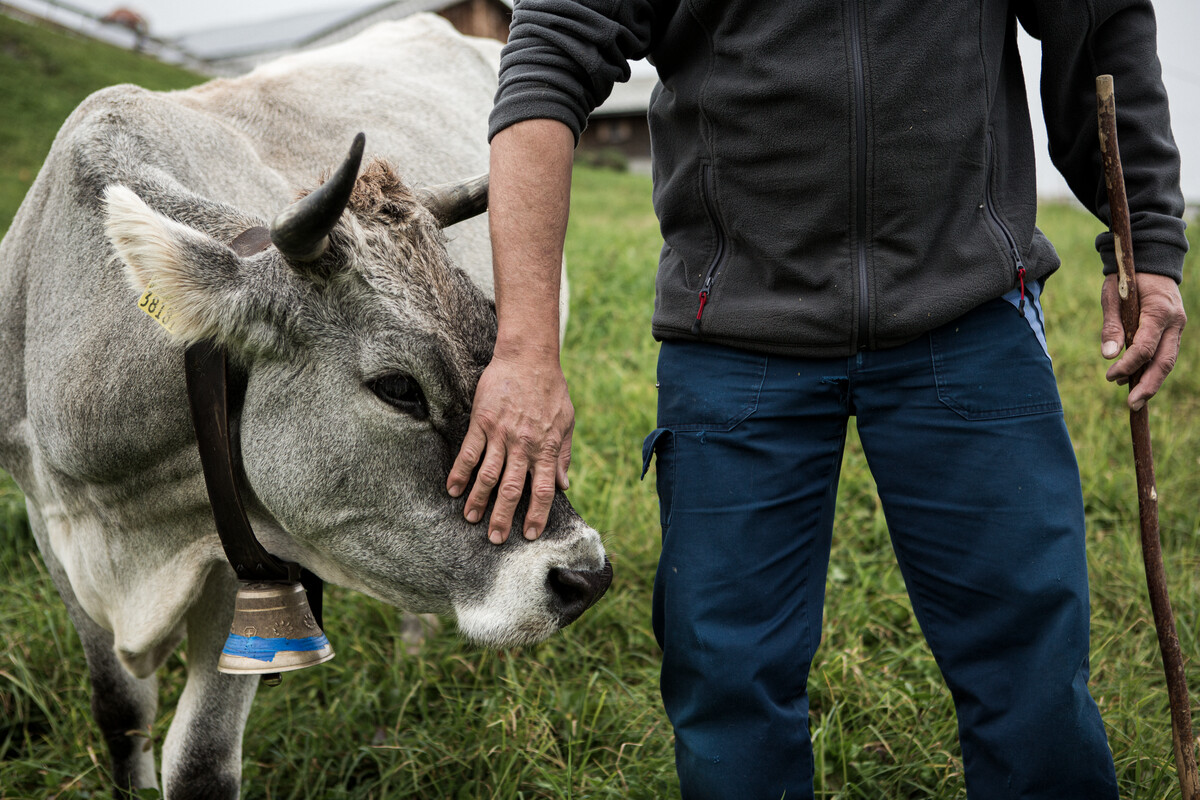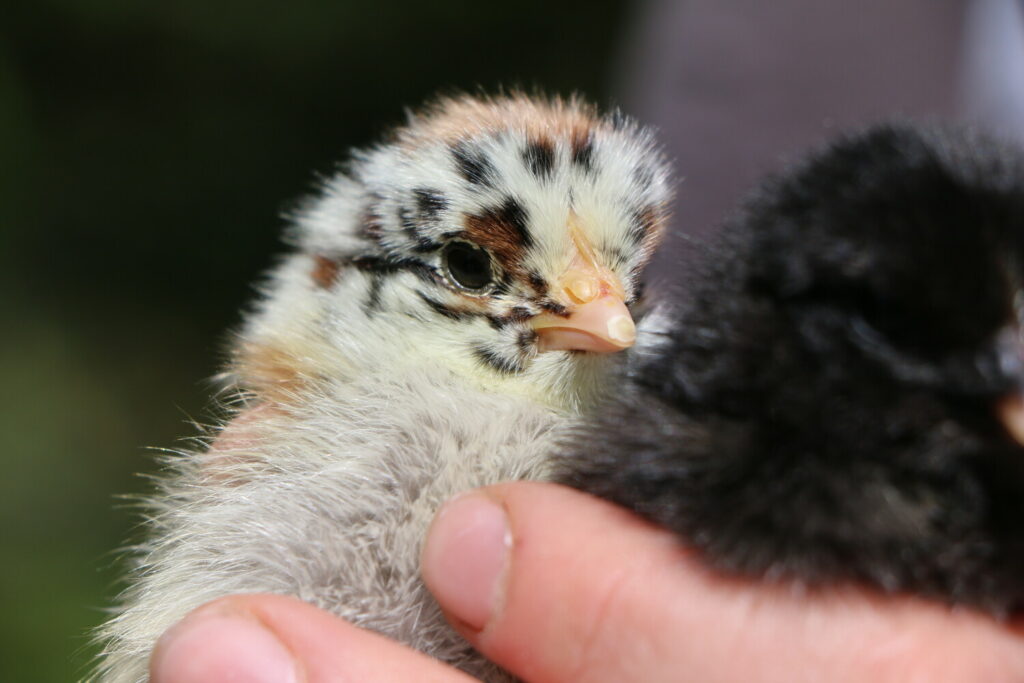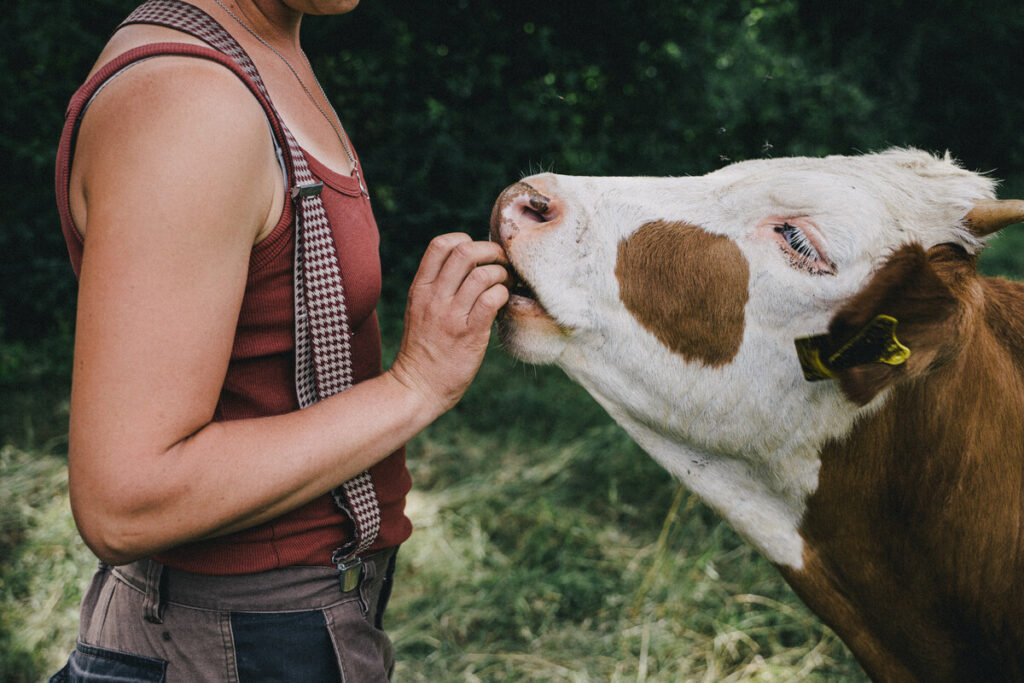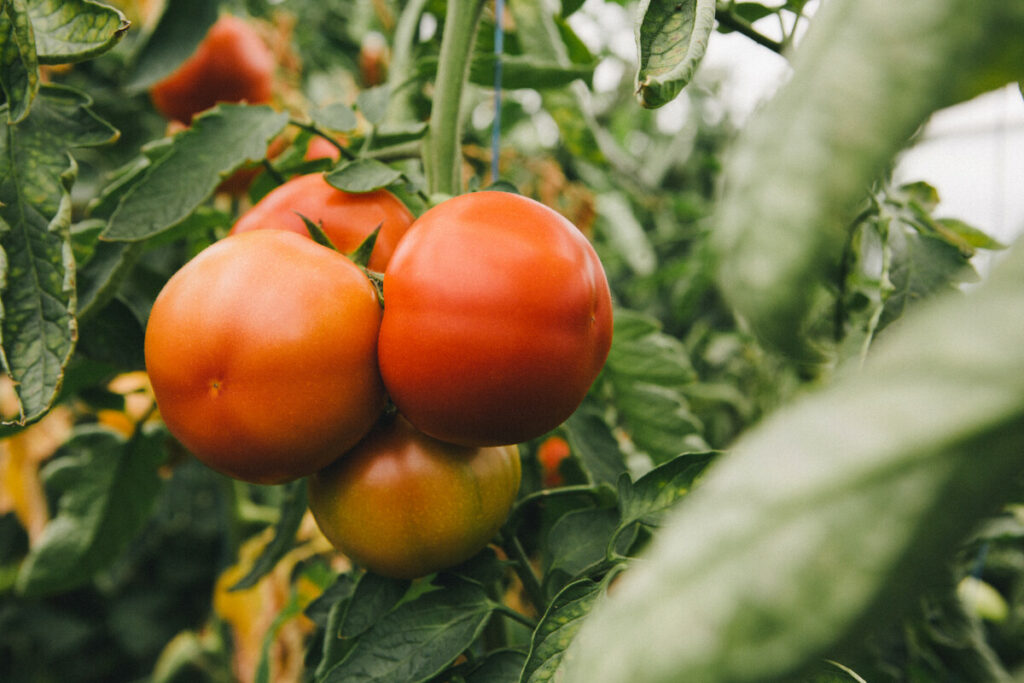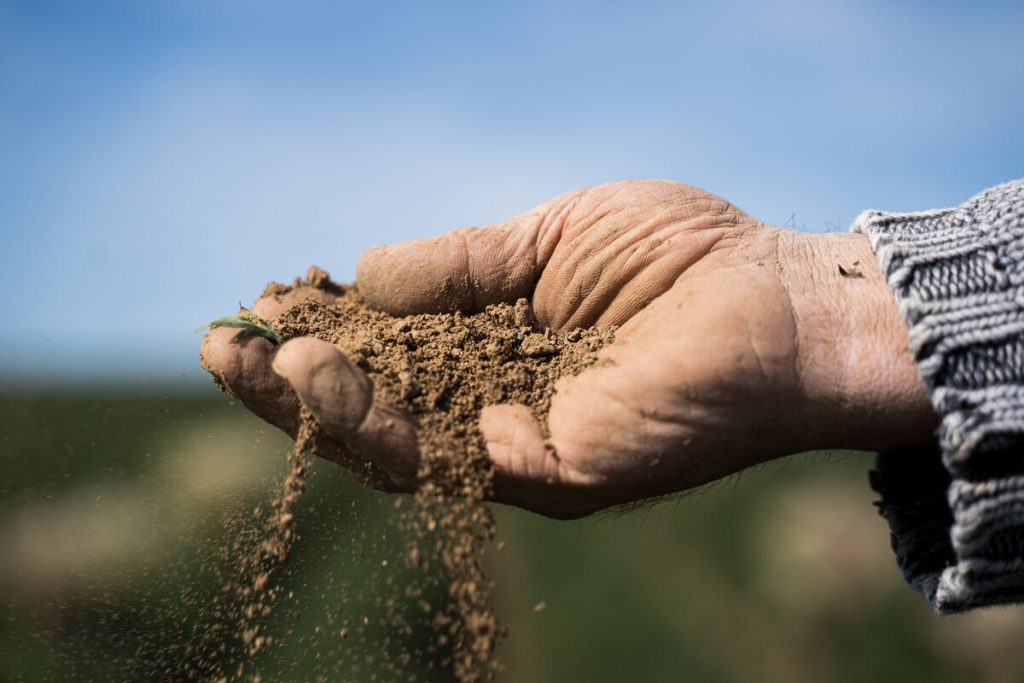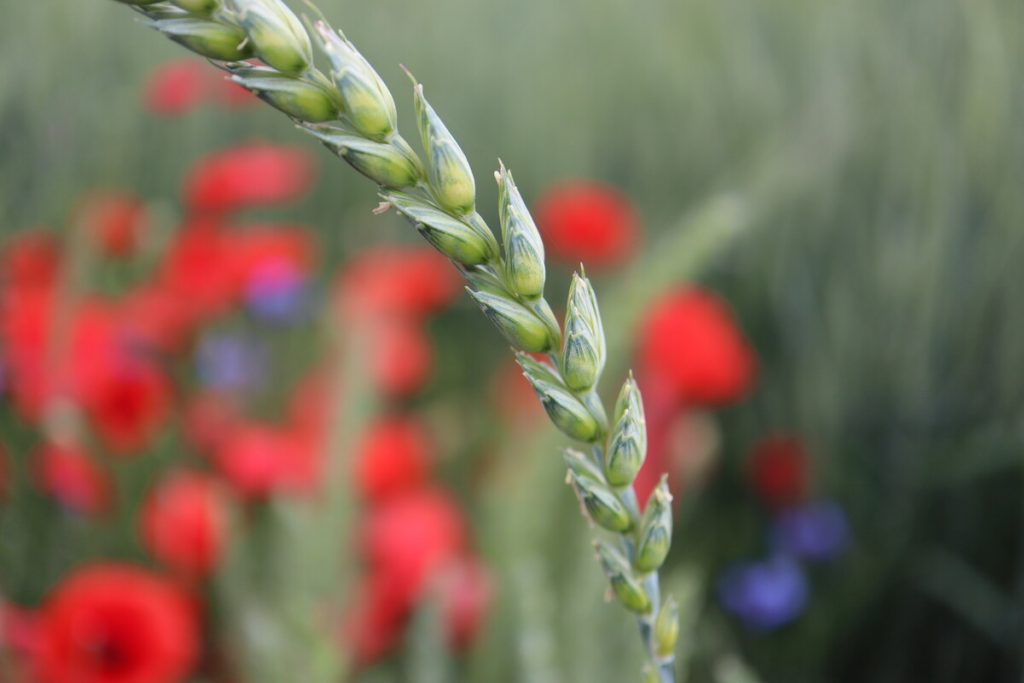Demeter milk and dairy products are of an exceptional standard and flavour due to how the milk is produced and processed. From what cows are fed and how they are treated, all the way through to how the milk is processed, every careful step results in taste and flavour that stands apart from the rest.
By only feeding Demeter cows with fodder appropriate to their species, grown mainly on the farms where they are raised, their milk is able to absorb local flavour and be of exceptional quality. They are kept in appropriate sized herds and their milk may only be gently processed into dairy products.
Demeter only permits pasteurisation and not homogenisation of milk.
Milk and Dairy Products
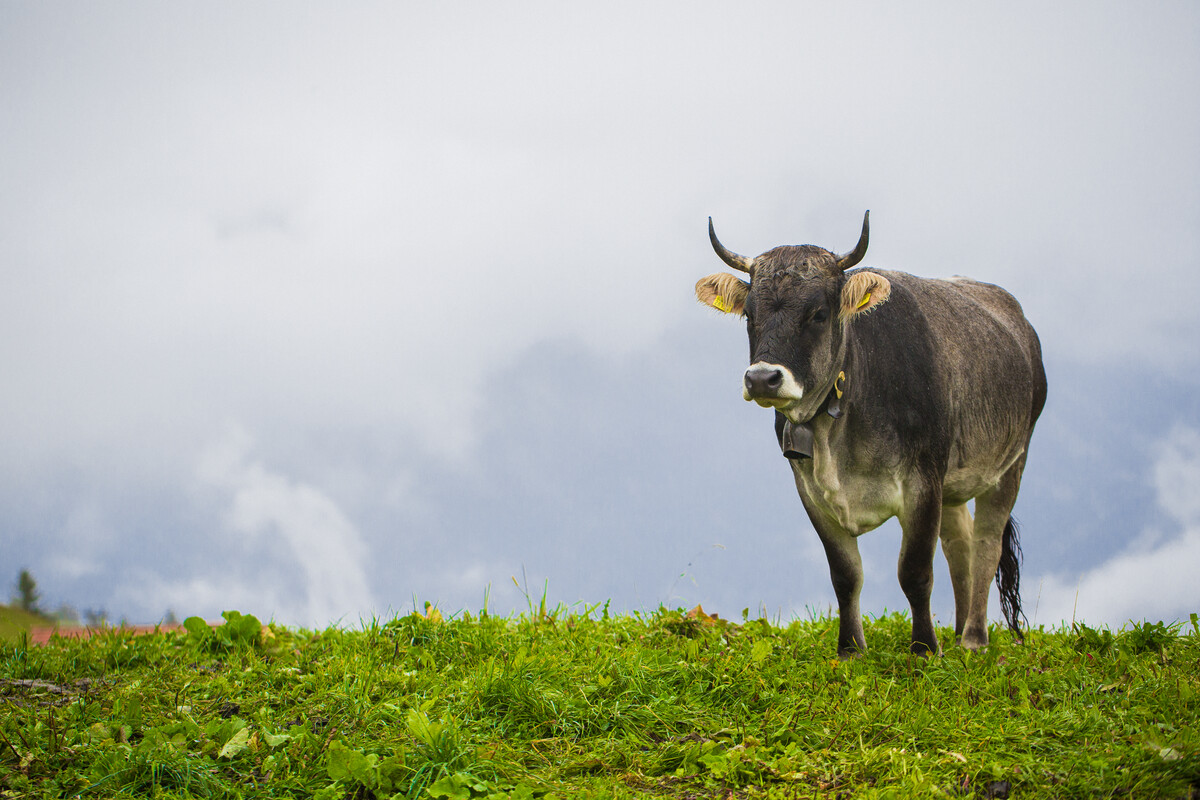
What our cows eat is important
Demeter farms produce at least half of the fodder they require for their animals themselves. This means high quality biodynamically grown feed or fresh pasture.
Feed must certainly be free of meat and bone meal, antibiotics and hormones. We prohibit animals being treated preventively with antibiotics or hormones – as is common in conventional dairy farming worldwide. Cattle on Demeter farms are usually pasture fed and enjoy plenty of green fodder, hay, herbs and some grain from their own farm.
The cow with its special stomach converts grass into energy and ultimately into milk. Structure-rich grass is the natural, nature-appropriate feed for the animals.
Barbara Steiner-Hainz, Berchtesgadener Land, Demeter dairy processor, Germany
Gentle processing of milk products
Every processing step reduces the natural quality of food products, especially milk. This is why Demeter only allows pasteurisation and excludes homogenisation of milk. During milk homogenisation, the fat in the milk is broken down under high pressure, into tiny particles, which also breaks down essential vitamins such as Vitamin D and A into microscopic particles. This reduces the nutritional value of the milk and changes its structure. Some research has linked this to the development of allergies and other disease-promoting inflammatory processes.
Natural, non-homogenised milk creates a cream layer or ‘plug’, a typical characteristic of quality Demeter milk.
Processed Demeter milk products, such as yoghurt, are also absolutely free of added flavourings. Only flavour extracts – that is, the extracts and concentrates from the plants themselves – are added. In this way, the taste remains authentic and truly delicious!
Demeter dairy supports a nutritious diet
The composition of cow’s milk is influenced by the way it is produced and processed. Biodynamically produced, non-homogenised milk contains particularly high levels of vitamin E and beta-carotene and the creamy fat contains a high proportion of valuable omega-3 and omega-6 fatty acids, all essential as part of a healthy diet. Beyond the nutritional value, the taste of the milk and dairy products is undeniably delicious and full of flavour, due to the diet of the cows and minimal interference during processing.
Milk products from cows with horns
The biodynamic Demeter standards are the only ones in the entire organic sector that prohibit dehorning of cattle. Cow horns have an impact on cow health and research is currently being carried out on the influence of horns on milk quality too. Find out more about animal husbandry here
The Demeter Quality Difference
- No homogenisation of milk: The high pressure during homogenisation has a detrimental effect on milk quality.
- Ultra-high temperature processing and extended shelf life (ESL) milk is not allowed.
- Only Demeter certified raw ingredients may be added to processed dairy products, such as fruit or flavourings
- Top marks for taste: Demeter milk always scores highly in independent taste tests.
Demeter milk & dairy

Find your Demeter food at farmers markets and farm shops, in natural health food stores and supermarkets. All products labelled with the Demeter logo are not only certified organic, they go even farther by complying with the Demeter Standard for biodynamic farming.
about our quality standards
